The Sentence and Secondary World Science Fiction
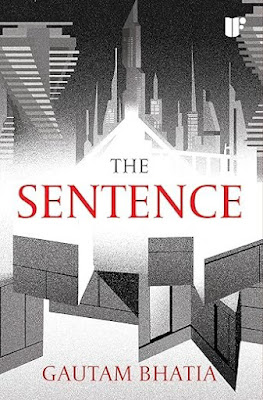
… Although it is cumbersome to obtain at the time of writing (it is only currently published in India), if the idea of a SF legal thriller that turns on questions of sociology and society in a secondary world thrills you, The Sentence is definitely worth your time.
Book Review: Coyote Run, by Lilith Saintcrow
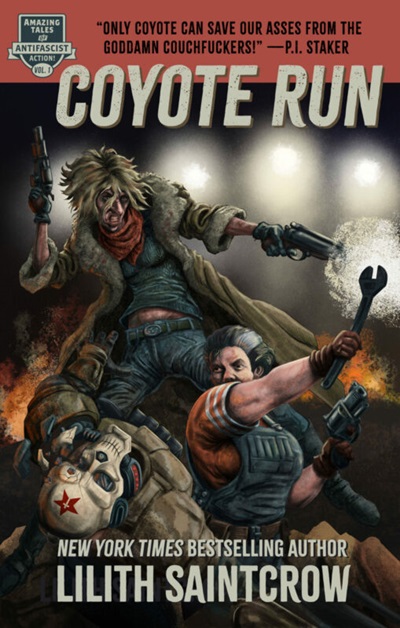
Coyote Run is a standalone work. However, Saintcrow’s website calls it “the first Amazing Tale of Antifascist Action,” so I am hopeful that more stories will follow in this setting, especially if this novella does well, which it certainly deserves!
806. R.S.A. Garcia (a.k.a. The Battle Cat) — The Nightward
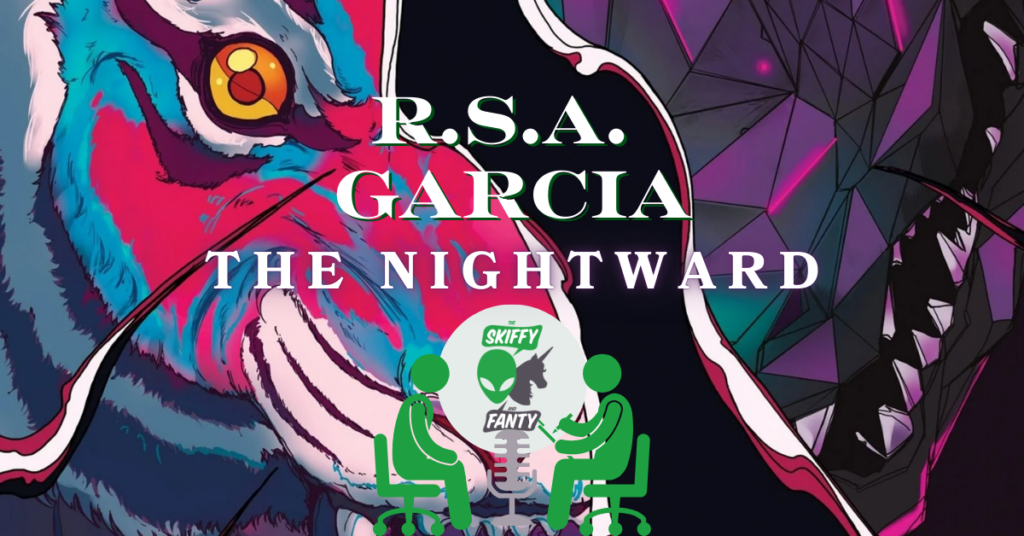
https://media.blubrry.com/skiffyandfanty/dts.podtrac.com/redirect.mp3/archive.org/download/sand-f-806-rsagarcia/SandF_806_RSAGarcia.mp3Podcast: Play in new window | DownloadSubscribe: Apple Podcasts | Spotify | Android | Email | TuneIn | Deezer | RSSCoups, subtle language cues, and kitty killing machines, oh my! Shaun Duke and Daniel Haeusser are joined by R.S.A. Garcia to discuss her latest novel, The Nightward. Together, they explore the complicated politics of matriarchal societies, writing with subtlety, what makes giant cats so fascinating, and much more! Thanks for listening. We hope you enjoy the episode!
Book Review: CASUAL, by Koji A. Dae
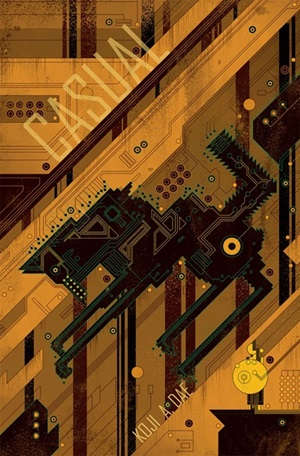
Dae does a great job of writing in Valya’s voice (first person, past tense) so that it’s easy to sympathize with the protagonist, without necessarily agreeing with her choices. She clearly cares deeply for “baby-girl” and is trying hard to make good plans and be a good mother-to-be; however, she’s had a hard life…
805. Foretold: From Earth — A Chaos Gerblins Actual Play
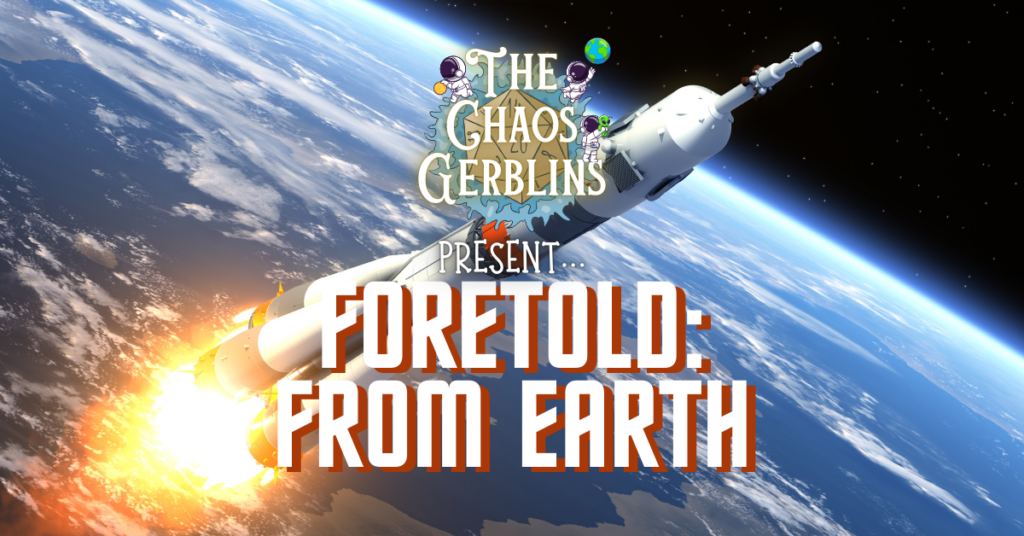
https://media.blubrry.com/skiffyandfanty/dts.podtrac.com/redirect.mp3/archive.org/download/sand-f-805-foretold-story-game-chaos-gerblins/SandF_805_ForetoldStoryGame_ChaosGerblins.mp3Podcast: Play in new window | DownloadSubscribe: Apple Podcasts | Spotify | Android | Email | TuneIn | Deezer | RSSBugs, alien messages, and root beer dispensers, oh my! Shaun Duke, Trish Matson, and Paul Weimer meet in a hotel room at Capricon to spin a delightful yarn with the indie narrative story game Foretold: From Earth! We’ve received a mysterious message from space, and we’ve got no choice but to build a makeshift ship in someone’s barn so we can investigate! Will we succeed? Or will things go sideways? Tune in to find out! Thanks for listening. We hope you enjoy the episode!
804. Looking Back, Moving Forward (2024; 2025)
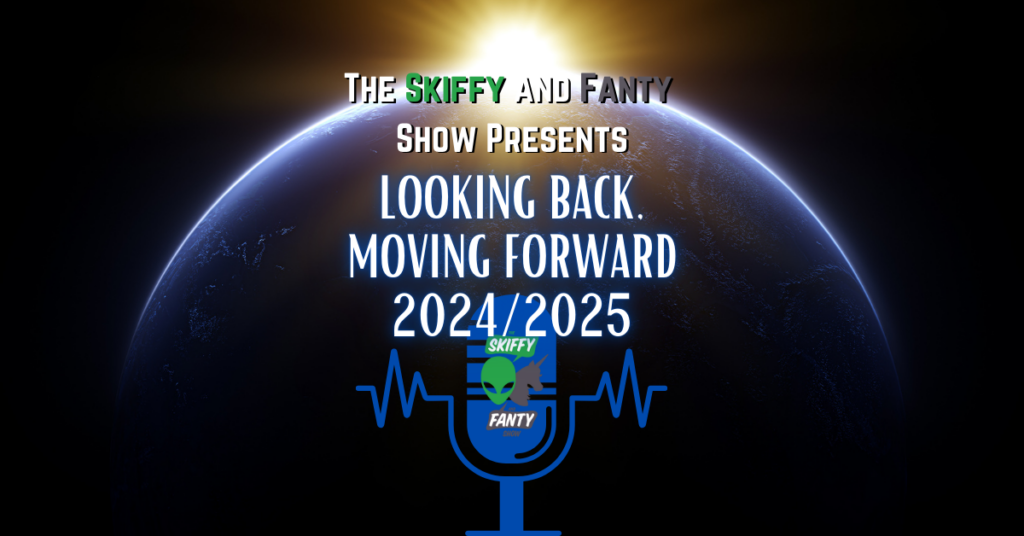
https://media.blubrry.com/skiffyandfanty/dts.podtrac.com/redirect.mp3/archive.org/download/sand-f-804-looking-back-moving-forward/SandF_804_LookingBackMovingForward.mp3Podcast: Play in new window | DownloadSubscribe: Apple Podcasts | Spotify | Android | Email | TuneIn | Deezer | RSSJoyful pasts, hopeful futures, and Dr. Doom, oh my! Shaun Duke, Trish Matson, Paul Weimer, and David Annandale join forces to share the things they loved in 2024 and the things they’re looking forward to in 2025! We discuss books, movies, geeky things, experiences, and much more! Plus, we share some announcements about the show! Thanks for listening. We hope you enjoy the episode!

